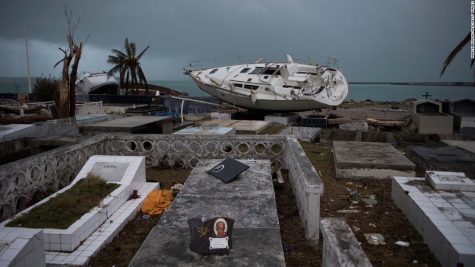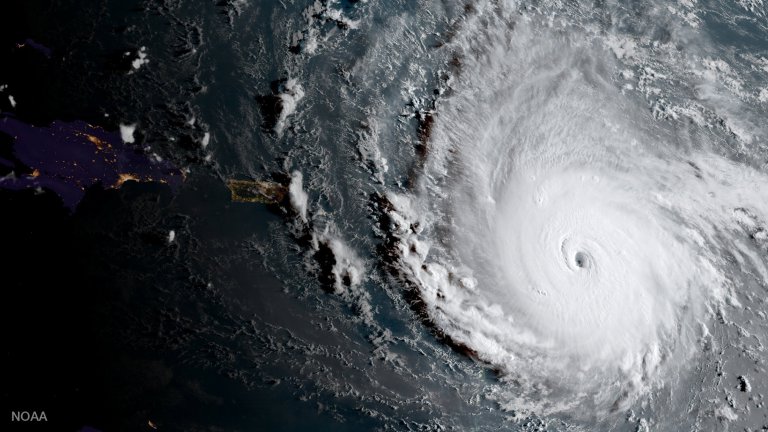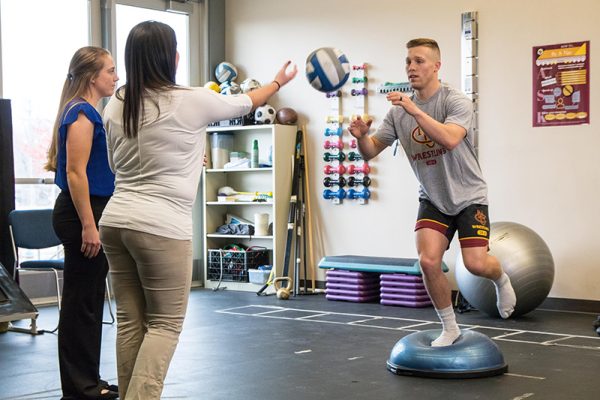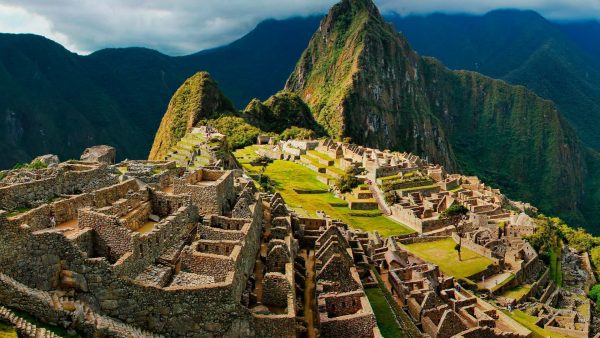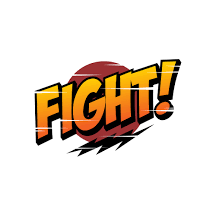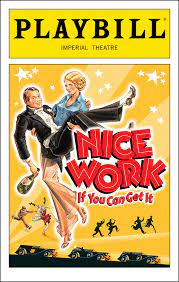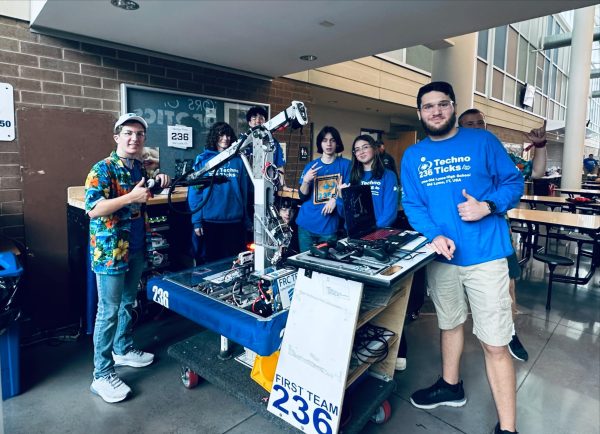Horrendous Hurricanes and an Interview about Irma
Hurricane Irma
Within the last month, the United States and some Caribbean countries have been pummeled by major hurricanes that have left disaster in their wake.
First to make landfall was Hurricane Harvey, a Category 4 hurricane that rapidly intensified until making landfall on Texas about thirty miles northeast of Corpus Christi on August 25th, where it was previously expected to hit first. Rockport and Fulton then took the hardest beatings after being hit with Harvey’s eyewall, where winds were the strongest. Despite this, perhaps the most significant destruction took place in Houston, where the rate of rainfall was at three to four inches per hour, and roughly 2 million people live. This massive deluge of water combined with the stability of Harvey over southeastern Texas made for intense flash flooding and devastating damage throughout the entire area.
Hardly ten days later, on September 6th, Hurricane Irma began to make contact with the Caribbean, ripping through the islands and leaving at least forty-four dead: eleven in the French Territories, ten in Cuba, five in the British Virgin Islands, five in the US Virgin Islands, four in Anguilla, four in St. Maarten, three in Puerto Rico, one in Barbuda, and one in Haiti. Barbuda, Anguilla, St. Maarten, the British and U.S. Virgin Islands, and Turks and Caicos were left with roughly 99% of their structures at least partially damaged, while Barbuda also lost all running water as well as electricity. By Sunday, Irma was barreling up the coast of southwestern Florida as a Category 2 hurricane, with winds of 105 miles per hour, that left a path of debris and downed power lines. Major storm surges threatened Florida’s coastal cities, including Miami, Tampa, and all of the Florida Keys.
Now, Hurricane Maria is pushing through the Caribbean once again, sustaining powerful winds as a Category 2 hurricane that has caused Puerto Rico to lose power, and now has a set curfew. All of these hurricanes leave many in an impressive state of disarray, but how do those that go unaffected know what it is like to experience such desolation? Many of us in the Northeast likely remember Hurricane Irene, which hit much of the East Coast as a Category One or at least a tropical storm in 2011, as well as Hurricane Sandy in 2012. But what is it like to live in a place that is at a high risk for hurricanes, like Florida, and to be hit with such ruin so recently? As someone who lived in Florida for four years, I did not experience a full-fledged hurricane in my time there, but I do know (albeit to an extent) what it is like to prepare for one. I decided to talk to my friends Alyssa and Ashley See, sisters who surf and sail regularly and live on Lido Key in Sarasota, Florida, to find out about their first-hand experience with Hurricane Irma:
Me: So you both have lived in Florida for a very, very long time–have you experienced a hurricane prior to Irma or was this the first one to actually hit Sarasota?
Ashley: This one was the first one that hit Sarasota that I remember, but my parents said in 2004, when I was one, there were a couple bad ones that hit where we had to evacuate as well.
Alyssa: In 2004, Charley hit, and was supposed to hit Sarasota, but it hit thirty miles below, and I remember my dad carrying me out in the street and it was flooded.
Me: Oh my god… It’s impressive that you remember it, too, despite being so young.
Alyssa: Yeah, that’s the only thing I remember [laughs].
Me: Do you know if your house was flooded or damaged in the previous hurricanes?
Ashley: I think the storm surges were high and came up around four feet, but our driveway is slanted, so it didn’t end up coming in our house, and there was no other damage from wind or trees or anything.
Me: Well, thank God for that. Since this was your first full-fledged hurricane that you remember, how were you feeling when you first heard about hurricane Irma?
Alyssa: I always felt like Irma wasn’t going to be bad because there is a myth that some Indians are protecting Sarasota Bay, and that’s why hurricanes don’t really hit Sarasota, so I just kept believing in that.
Ashley: At first, I didn’t really think it was that big of a deal, and then I saw how big it was and that it was going to be the worst hurricane to ever hit… I was really scared, and me and my friend kept having these nervous breakdowns, as well as my mom [laughs], and I was really upset because we thought we were going to lose our house and we had to pack all of our valuables, so it was a mixture of sadness, being scared, and just not knowing what’s to come.
Me: I can’t imagine… All the time I lived in Florida, I think only one hurricane grazed us at best. You said some stuff about it, but how was prepping and evacuating? What did you have to do to improve your chances of returning to unharmed belongings and furniture?
Ashley: Packing was devastating because you realize what’s actually important to you. We ended up going to my really good friends house that was inland with big shutters, so that was good. For our furniture, we just kind of left it all there and just put sandbags outside of our door along w tarp and bags of mulch, and we tied down our jet ski to the palm trees so it wouldn’t float away if there was a storm surge. We packed up a bunch of stuff in boxes and put them at my dads work to keep them safe.
Me: That’s a lot to do–I know the stress must’ve been unreal. Did you get time off from school to prepare and afterwards to recover from any damages?
Alyssa: We got a week off from school, and every school was also used as a shelter.
Me: Do you know anyone that used the school as a shelter or what that experience could have been like?
Alyssa: Yeah, I knew a few people from the football team who used our high school as a shelter, and I heard that pets were roaming around the schools.
Ashley: A couple people in my classes said that the shelters were awful because they were so noisy and [there was] no Wi-Fi in some parts.
Me: How was your experience during the hurricane–the sounds of the wind, tree limbs falling, et cetera?
Ashley: The wind was very loud when we went outside on the back patio, and many, many trees fell down, and limbs were everywhere in neighborhoods. There were streets closed due to the amount of limbs and trees that fell into the street. It was rough, but they cleaned it all quickly.
Me: So, did the myth end up being true? How was returning home?
Ashley: After the storm blew over, we couldn’t get back on Lido [Key] at first because all these trees had fallen down on the main road to get onto St Armand’s [Key], but afterwards there was no power for a week which sucked, so we stayed at different people’s houses.
Alyssa: I almost cried–I was so happy because it wasn’t flooded at all and nothing was ruined, but we didn’t have power for a week.
Me: Sounds like pure chaos to be completely honest, but thank God everything was intact! How was having no power?
Alyssa: Terrible. Our house smelled really weird and we kept having to stay at our grandparents’ and neighbors’ houses.
Ashley: That was awful because it’s so hot here, but we were lucky to get invited to stay at other people’s houses.
Me: It’s great that you have a strong community of people to depend on! How’s life been after the hurricane? Are you still recovering, or have most of the effects been cleaned up after or fixed?
Alyssa: There are still some trees that are being cleaned up, and there are still people without power. For us, we just have to put our house back together again.
Me: Hopefully it will all be put together soon!
Alyssa: Fingers crossed!
A huge thank you to Alyssa and Ashley for sharing their experience with me and Osprey!
Hurricanes are serious weather occurrences that can greatly affect numerous communities in hours and lifestyles for many months and perhaps years afterwards. To ease the dismay and times of hopelessness, there is plenty that people can do to help. The clear choice to many is to donate to Red Cross, however this organization has proven to withhold funds or to provide limited aid despite the numerous donations. At Public Good , there are a great deal of options available that you can easily donate to in order to support victims of Hurricane Irma. For victims of Hurricane Harvey, the Greater Houston Community Foundation has set up a Hurricane Harvey Relief Fund. Any amount of money, time, or support can make the difference.
